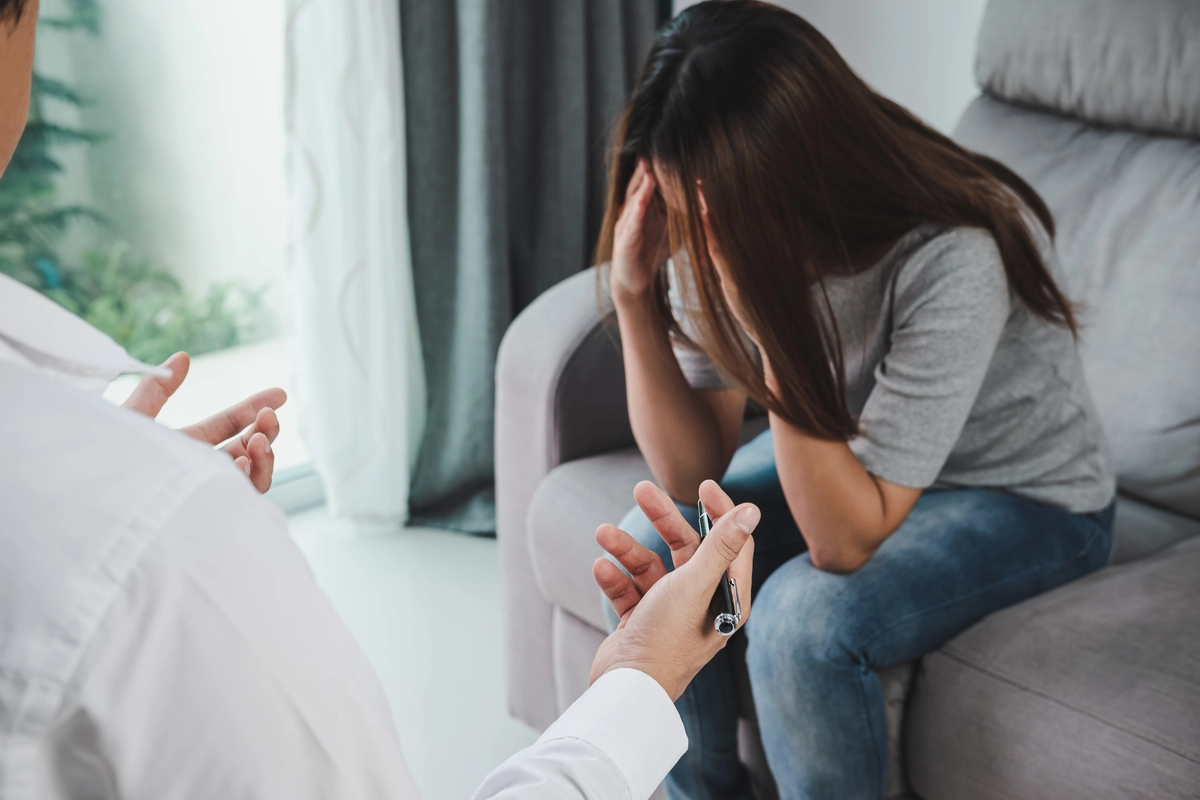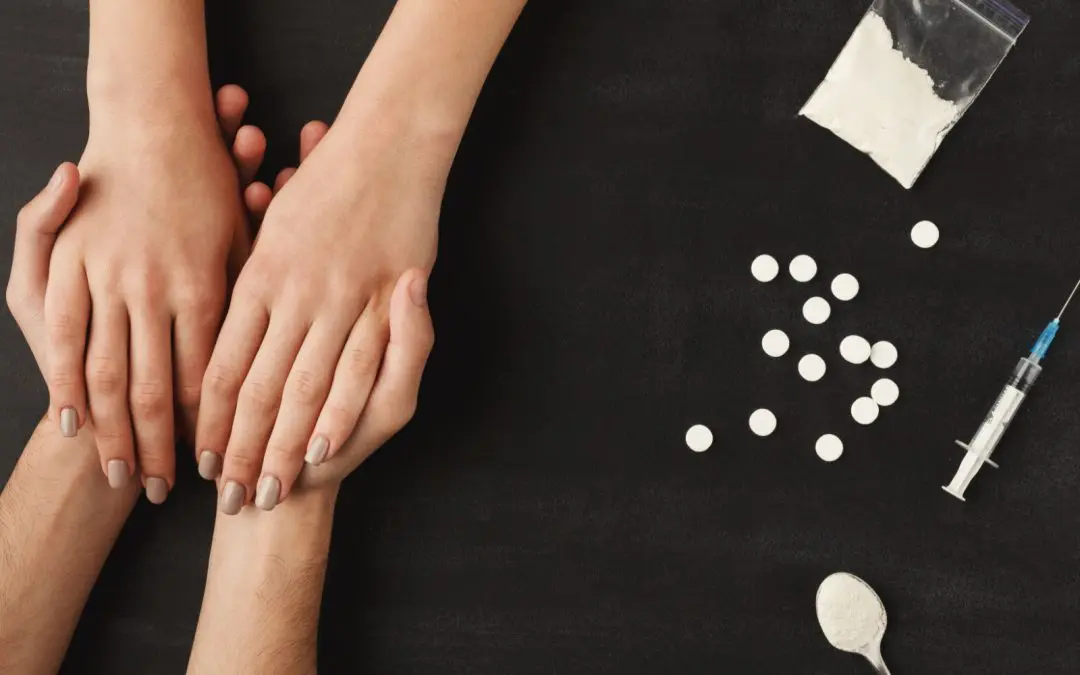24/7 Helpline:
(866) 899-221924/7 Helpline:
(866) 899-2219
Learn more about Group Therapy centers in Blue Springs
Group Therapy in Other Cities

Other Insurance Options

UMR

Premera

Regence

Ambetter

Magellan

Group Health Incorporated

Humana

MHNNet Behavioral Health

CareFirst

Carleon

Health Partners

Optima

BHS | Behavioral Health Systems

WellPoint

Excellus

Molina Healthcare

Holman Group

Access to Recovery (ATR) Voucher

Providence

Evernorth

Accent On Recovery
Accent On Recovery is a private rehab located in Blue Springs, MO. Accent On Recovery specializes in...












AA – Alcoholics Anonymous
AA – Alcoholics Anonymous is a non-profit rehab located in Blue Springs, Missouri. AA – Alcoholics A...






